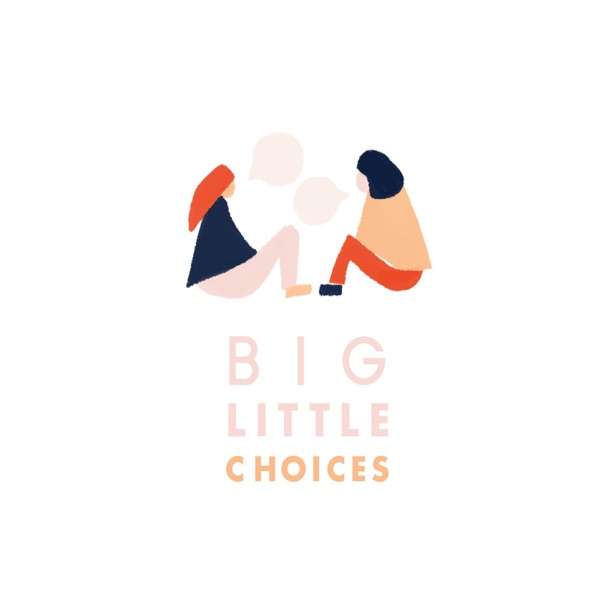Rethinking Possible features interviews with people who are dealing with big, global problems that are entrenched, complex, messy, and always urgent. But none of that stops them. They’ve rolled up their sleeves and gotten straight to work. How do they remain resilient in the face of immensely complex problems that have spanned generations? How do they keep going when the issues they work on are bigger than their own lifetimes? Hosted by Courtney E. Martin and Nguhi Mwaura, and brought to you by the Skoll Foundation in partnership with Aspen Ideas.
- Home
- Top Charts
- Top Networks
- Top Apps
- Top Independents
- Top Podfluencers
- Top Picks
- Top Business Podcasts
- Top True Crime Podcasts
- Top Finance Podcasts
- Top Comedy Podcasts
- Top Music Podcasts
- Top Womens Podcasts
- Top Kids Podcasts
- Top Sports Podcasts
- Top News Podcasts
- Top Tech Podcasts
- Top Crypto Podcasts
- Top Entrepreneurial Podcasts
- Top Fantasy Sports Podcasts
- Top Political Podcasts
- Top Science Podcasts
- Top Self Help Podcasts
- Top Sports Betting Podcasts
- Top Stocks Podcasts
- Podcast News
- About Us
- Podcast Advertising
- Contact

 Our TOPPODCAST Picks
Our TOPPODCAST Picks  Stay Connected
Stay Connected







